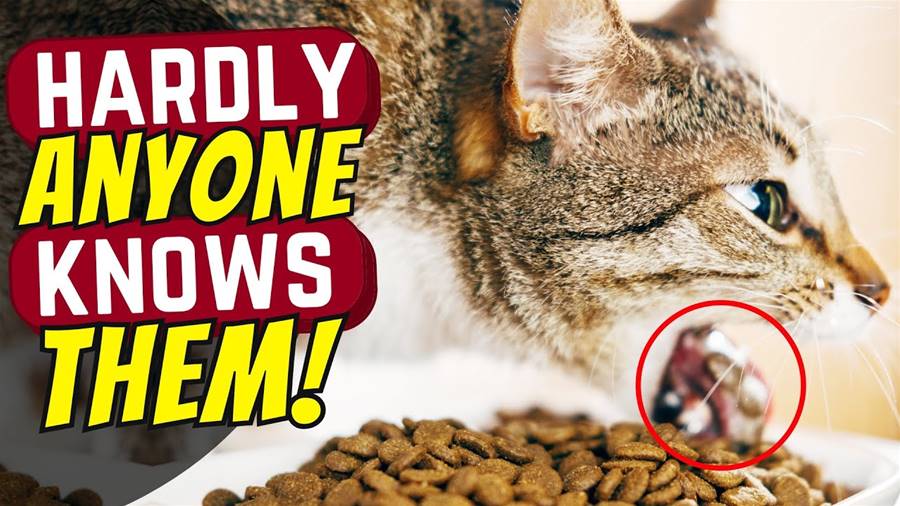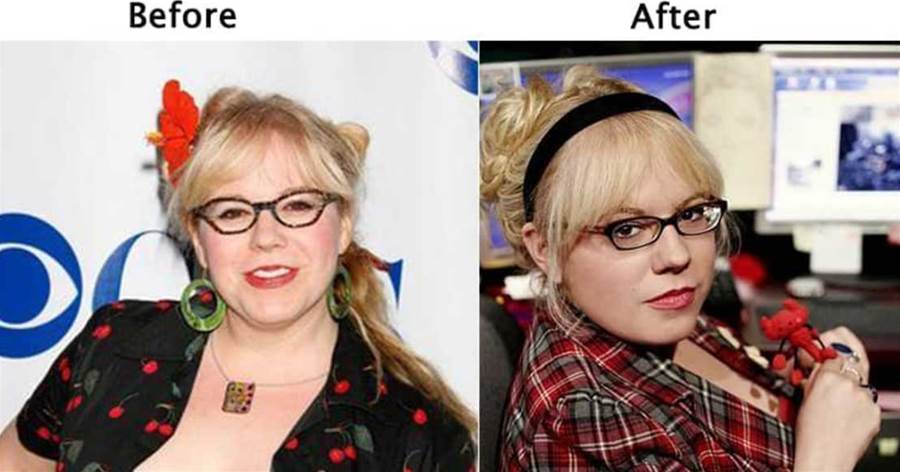
Title: Do You Love Your Cat? 5 Reasons to Avoid Dry Food!
Summary:
This article highlights five reasons why cat owners should avoid feeding their feline companions dry food. While the title may seem conflicting, it ultimately aims to educate cat owners on the potential negative effects of exclusively feeding dry food to their beloved pets. These reasons include the adverse impact on a cat's hydration, inadequate nutrient absorption, potential for obesity, dental health issues, and the risk of developing urinary tract problems.
By understanding these concerns, cat owners can make informed decisions and provide their furry friends with a healthier and more balanced diet.
Article:
As a cat lover, it is essential to understand the impact of diet on your feline companion's health and overall well-being. While dry food is a popular choice for many pet owners, it is crucial to consider the potential drawbacks and make informed decisions for the sake of your cat's happiness and longevity.
Here are five reasons why you should avoid exclusively feeding your cat dry food:
1. Hydration: Cats are naturally inclined to obtain most of their moisture from their food, as they have a low thirst drive. Dry food, however, contains minimal water content and can lead to dehydration in felines. Insufficient hydration can ultimately result in various health issues, including urinary tract problems, kidney diseases, and poor coat condition.
The article is not finished. Click on the next page to continue.
The article is not finished. Click on the next page to continue.
Next page


















